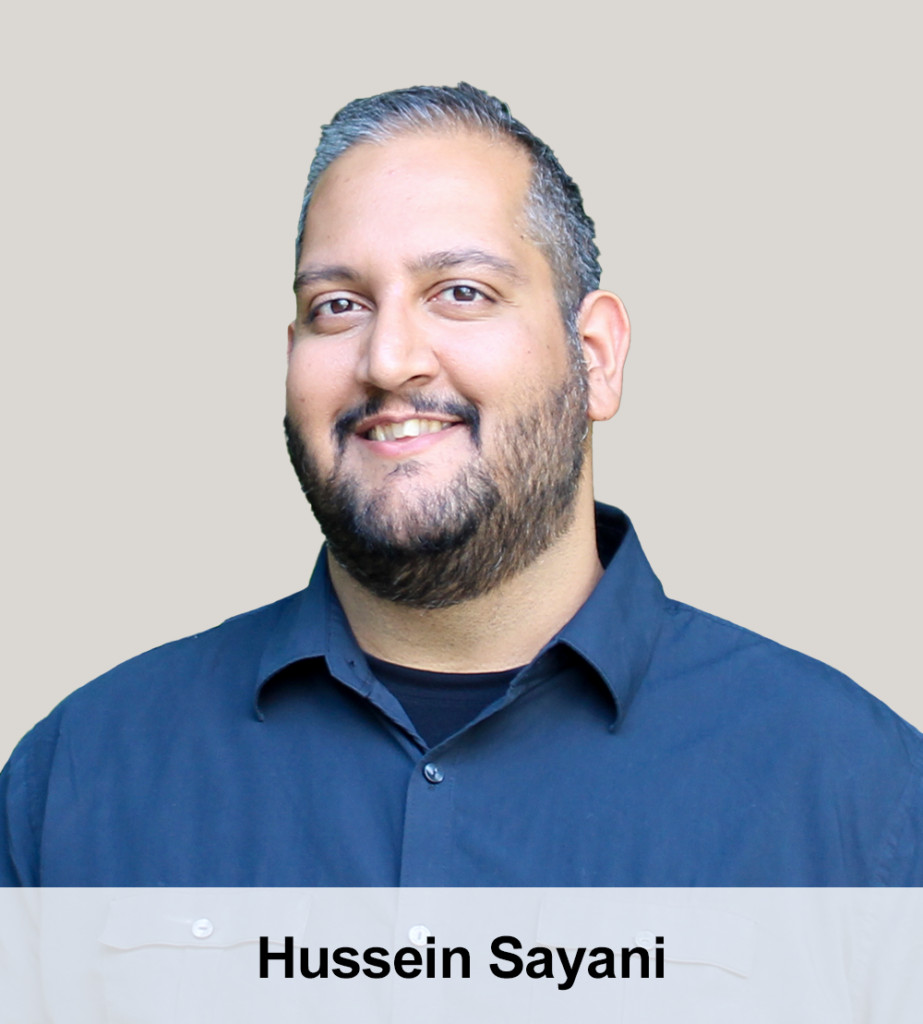A Holistic Approach to Developing an ESG Program
Over the last two decades, investing guided by corporate environmental, social, and governance (ESG) principles has become a $35 trillion industry. Investors are increasingly relying on ESG disclosures and scoring to guide decision-making and stakeholders are demanding progress across ESG metrics—particularly on issues relating to climate change, diversity, and equity. And research backs up this shift toward ESG; investing trends show that companies with positive ESG scores outperformed across global markets.
 ESG is not a new concept. Rather, it’s a continually evolving business management strategy that shifts focus from short-term profits to long-term viability through consistent and sustainable growth and stakeholder engagement. ESG incorporates existing environmental, health, and safety policies, responsible risk management, ethical corporate governance, and social responsibility into one proactive and forward-looking framework. In this sense, Langan has built expertise in individual ESG aspects since the 1980s. Now, Langan leverages this expertise to provide an integrated set of services that advance the ESG goals of our clients.
ESG is not a new concept. Rather, it’s a continually evolving business management strategy that shifts focus from short-term profits to long-term viability through consistent and sustainable growth and stakeholder engagement. ESG incorporates existing environmental, health, and safety policies, responsible risk management, ethical corporate governance, and social responsibility into one proactive and forward-looking framework. In this sense, Langan has built expertise in individual ESG aspects since the 1980s. Now, Langan leverages this expertise to provide an integrated set of services that advance the ESG goals of our clients.
A holistic approach to developing an ESG program begins with education, as the success of any program relies on building a common language and understanding among key leaders and stakeholders. The next step is determining which ESG issues are material (or relevant to the company) and which require more work. Scheduling and budgeting the performance of this work forms an ESG strategy that not only accomplishes established goals but also leverages the benefits derived from them.
The projects executed to advance an ESG program can range from tracking ESG metrics (e.g., greenhouse gas emissions, water usage, waste production, diversity and inclusion), to making ESG disclosures to stakeholders, to applying sustainable design during company expansions. While the type of projects needed to support an ESG program vary, they all work toward a single goal: to enhance a company’s long-term economic and social stability.
Hussein Sayani is a climate scientist with 10+ years of experience in climate change research, data analysis, and project management. He specializes in working with companies to develop ESG strategy and disclosures, GHG inventories and reduction targets, and product life cycle analyses.

